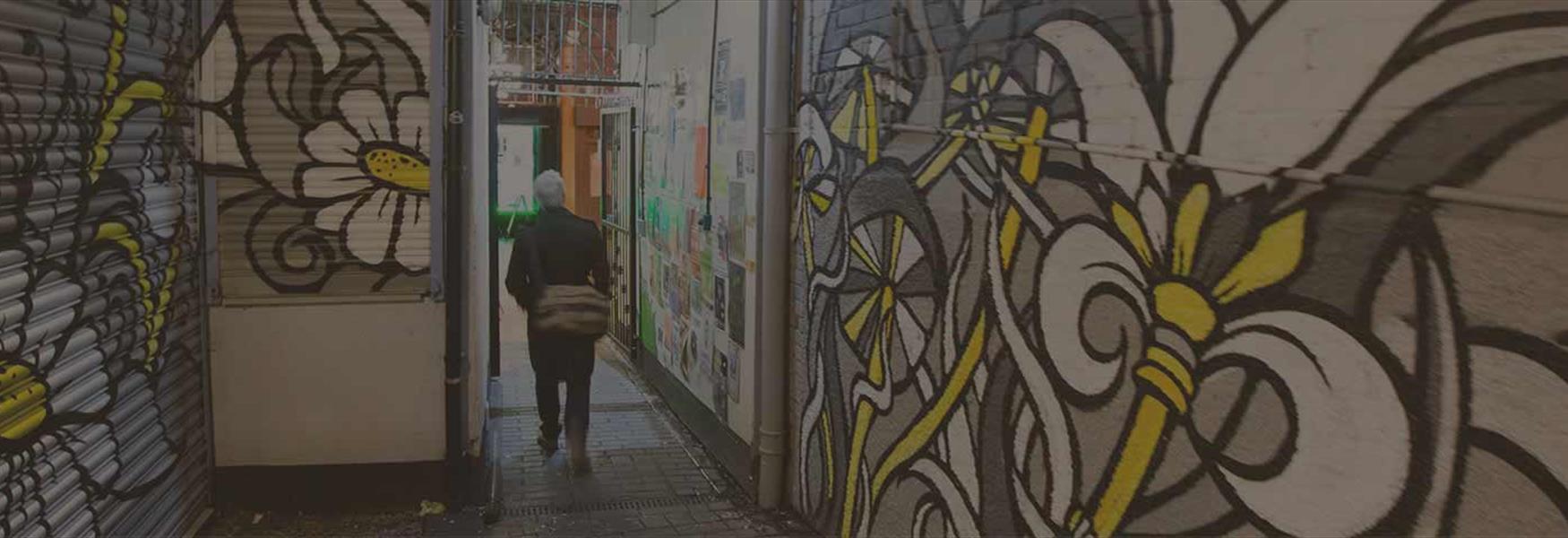To provide you with the best experience, cookies are used on this site. Find out more here.

To provide you with the best experience, cookies are used on this site. Find out more here.

To build your own Itinerary, click  to add an item to your Itinerary basket.
to add an item to your Itinerary basket.
Already saved an Itinerary?


You are here > Ideas & Inspiration > Robin Hood > Robin's Character
Through ballads and books to blockbuster films, the tale of Robin Hood has survived centuries, and much of this is owed to the character of Robin himself. The exploits of this noble outlaw and his band of Merry Men touch upon timeless themes of justice, brotherhood, altruism, and a good dash of social rebellion, and these characteristics are what have kept Robin Hood in the hearts and minds of the people.
Film and television have taken a number of approaches when depicting Robin Hood’s character, from the jaunty 1993 comedy Men in Tights to 2010’s gritty portrayal by Russell Crowe. But it was in the first Robin Hood tales, originating in mythology and folklore and circulated via word of mouth in lyrical ballads, that give us the groundwork of this immortal character.
One of the oldest surviving tales, A Little Gest of Robyn Hode, dates back to the 15th century. Written in middle English, it is likely to have been performed by minstrals, and sets out to highlight corruption of the authorities by romanticising our outlaw Robin. Below you can find some references which shed light on how Robin's character was formed and developed.
Outlaw - First and foremost Robin is known as an outlaw:
|
‘Robyn was a prude outlaw, |
‘Robin was a proud outlaw, |
Free spirit of the forest - Robin's place of refuge from the law was always Sherwood Forest. He is sometimes seen as the real person behind the Green Man, the spirit of life in the woodland.
|
‘Robyn dwelled in grene wode |
‘Robin dwelt in the green wood |
Thief - Robin was an enemy of both the law and the church.
|
“He is a strong thefe”, |
‘"He is a great thief", |
Rebel - Robin was a thorn in the side of the establishment.
|
‘These bishoppes and these archbishoppes, |
‘These bishops and these archbishops |
Champion - Robin was always on the side of the poor and oppressed.
|
‘For he was a good outlawe |
‘For he was a good outlaw |
Great archer - Since the beginning of the tales, Robin has been known as the greatest archer of his time. Although he could sometimes be beaten when fighting with a sword or a staff, he was always the best with a longbow.
|
'I was compted the best archere |
‘I was counted the best archer |
Yeoman - Yeomen were not the farmers of the land that we think of today, but had a specific position in a very rigid social structure. Ranked just below that of knight, they could rarely expect to rise to a higher position and become part of the great tradition of chivalry. This is likely to have led to much resentment against those above them, and explains much about why there was rebellion against the establishment - particularly against the wealth and power of the church. Incidentally, a yeoman did not fight with the sword which was a knight's privilege - instead the longbow became their weapon of choice.
|
‘I shall tel you of a gode yeman |
‘I shall tell you of a good yeoman |
© Visit Nottinghamshire 2025. All Rights Reserved






